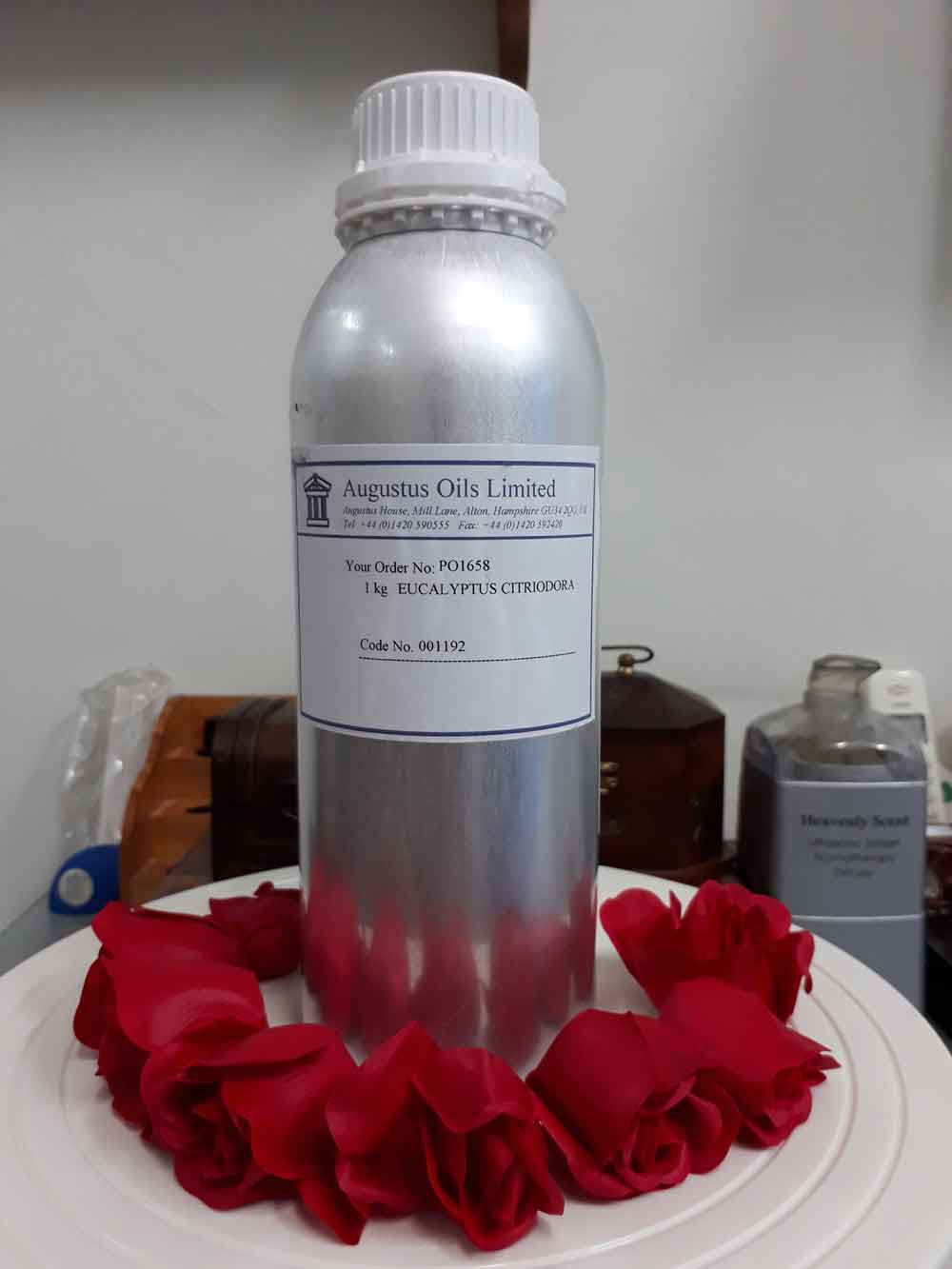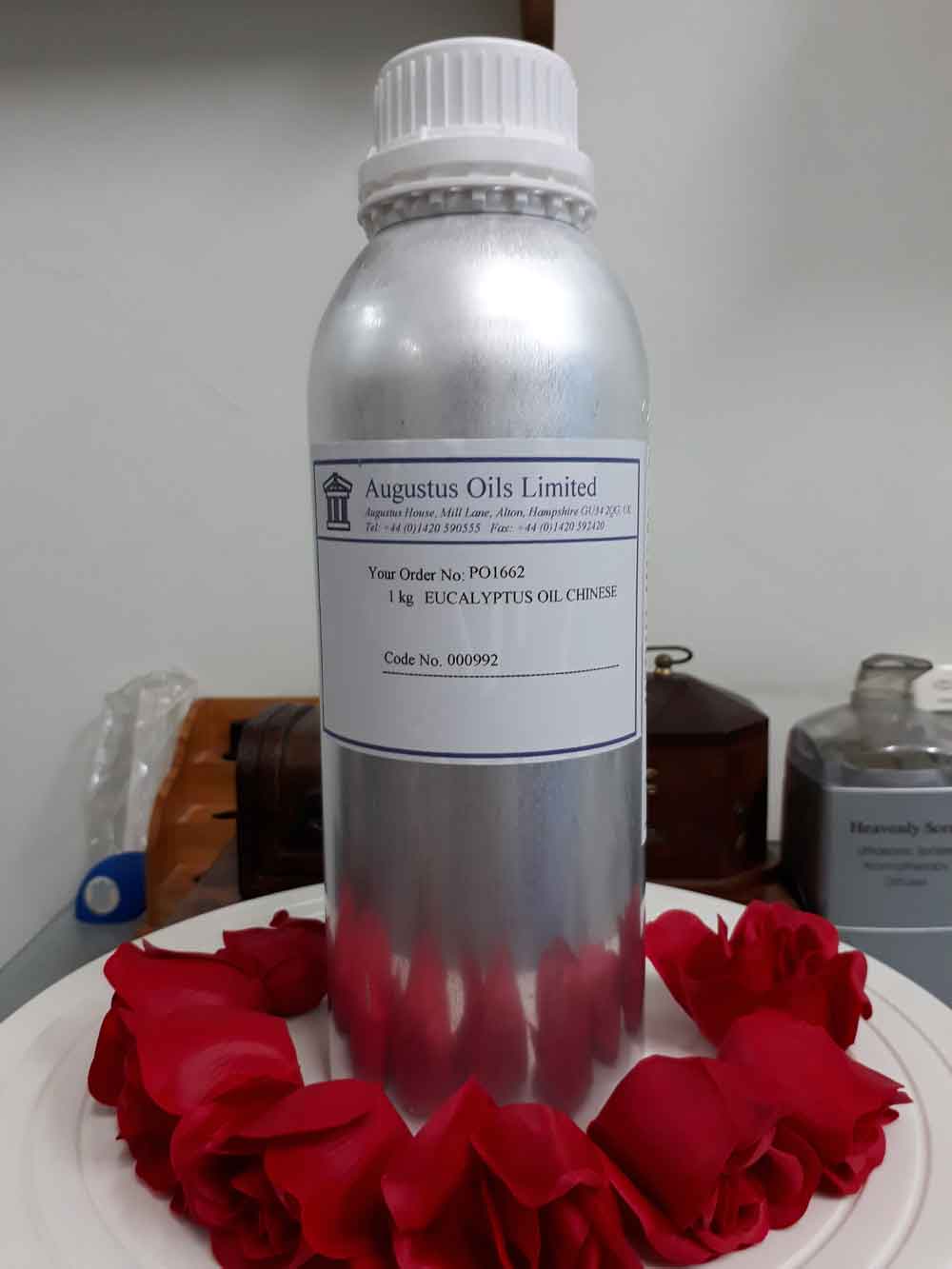What is the difference between Eucalyptus Citriodora, Eucalyptus Globulus and Eucalyptus Radiata?
Learn about the difference between Eucalyptus Citriodora, Eucalyptus Globulus and Eucalyptus Radiata.
Eucalyptus, a genus of trees primarily native to Australia, is comprised of numerous species, each offering unique properties and uses. Among the most commonly known types are Eucalyptus Citriodora, Eucalyptus Globulus, and Eucalyptus Radiata. Despite belonging to the same genus, these three species present significant differences in their physical characteristics, chemical compositions, and applications.
Eucalyptus Citriodora, also known as Lemon-Scented Gum, is noted for its strong, citrus-like aroma, attributed to its high citronellal content. This species produces an essential oil commonly utilized in insect repellents, perfumery, and aromatherapy. The scent is refreshing and uplifting, making it popular in personal care products. Eucalyptus Citriodora oil is also praised for its anti-inflammatory and antiseptic properties, making it an excellent choice for skin care formulations and respiratory treatments.
Eucalyptus Globulus, or Blue Gum, is widely recognized and often associated with traditional eucalyptus oil. This species is rich in eucalyptol (1,8-cineole), giving it a potent, camphoraceous scent. Eucalyptus Globulus oil is extensively used for its therapeutic benefits, especially in respiratory health. It is a common ingredient in cough syrups, chest rubs, and inhalants due to its ability to clear mucus and ease breathing difficulties. Additionally, Eucalyptus Globulus possesses strong antimicrobial properties, making it effective in cleaning products and sanitizers.
Eucalyptus Radiata, also known as Narrow-Leaf Peppermint, presents a milder camphoraceous aroma compared to Eucalyptus Globulus. It contains a balanced composition of 1,8-cineole and other components like α-pinene and limonene, providing a gentler yet effective option for respiratory issues. Eucalyptus Radiata is favoured in aromatherapy for its softer scent, which suits individuals with sensitive noses or those who find other eucalyptus oils too overpowering. Its antiviral and antibacterial effects also make it valuable for immune support and surface cleaning applications.
In conclusion, while Eucalyptus Citriodora, Eucalyptus Globulus, and Eucalyptus Radiata share a common heritage, their distinct aromatic profiles and chemical properties lend themselves to different uses. Whether for aromatic pleasure, respiratory comfort, or hygienic purposes, each species of eucalyptus offers unique benefits tailored to various needs.


